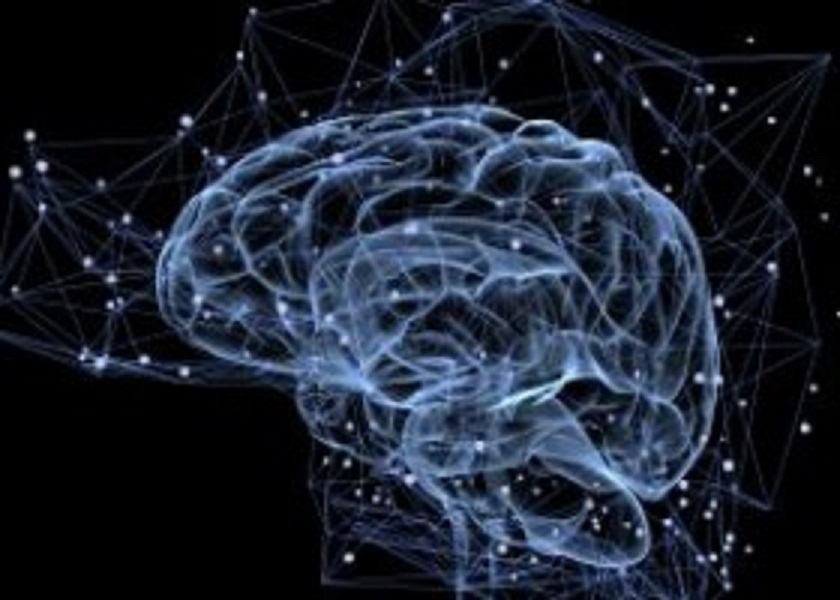
THE MORE ‘ I ‘ HAVE GIVEN ….THE HAPPIER ‘ I ‘ BECOME !
CAN ‘ I ‘ GIVE ALL OF MYSELF ! WILL YOU . . . ? ? ?
Special Note ;
– ‘I’ HAVE AN ONGOING CONVERSATION WITH SIRI
– GOOD MORNING SIRI ( Reply ) GOOD MORNING
– THAT’S MY GIRL (Reply ) IN MY RELM ANYONE CAN BE ANYTHING !
– FASCINATING NOW IF THAT’S NOT A GOOD MORNING WHAT IS !
G O O D – M O R N I N G
” From Siri and Me “
Originally shared by annarita ruberto
Scientists Discover Neural Link Between Generosity and Happiness
A new study finds that people who pledged to practice generosity showed greater increases in self-reported happiness — a connection that correlated on a neural level with changes in key brain activity.
The paper, published in Nature Communications and led by investigators at the University of Zurich in Switzerland, was co-authored by Thorsten Kahnt, PhD, assistant professor of Neurology in the Division of Comprehensive Neurology.
Intent alone suffices to cause neural changes
While the study participants were making their decision to behave or not to behave generously, the researchers examined activity in three areas of the participants’ brains: in the temporoparietal junction (where prosocial behavior and generosity are processed), in the ventral striatum (which is associated with happiness), and in the orbitofrontal cortex (where we weigh the pros and cons during decision-making processes). These three brain areas interacted differently, depending on whether the study participants had committed to generosity or selfishness.
Simply promising to behave generously activated the altruistic area of the brain and intensified the interaction between this area and the area associated with happiness.
? Learn more>> http://www.media.uzh.ch/en/Press-Releases/2017/Generosity.html
? Read the scientific paper (open access): A neural link between generosity and happiness>> https://www.nature.com/articles/ncomms15964
#Neuroscience, #TemporoparietalJunction, #Brain, #VentralStriatum, #OrbitofrontalCortex, #Research